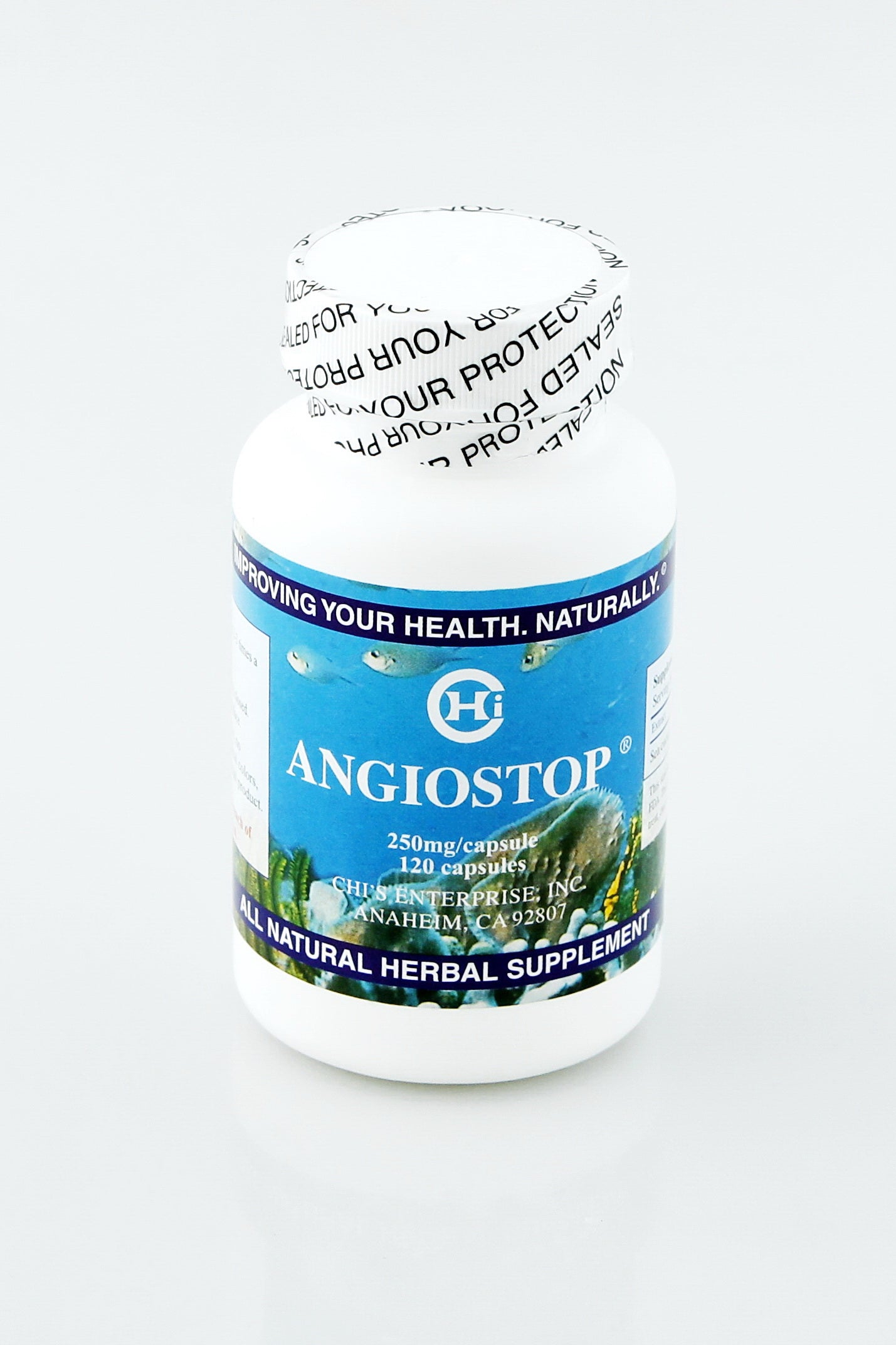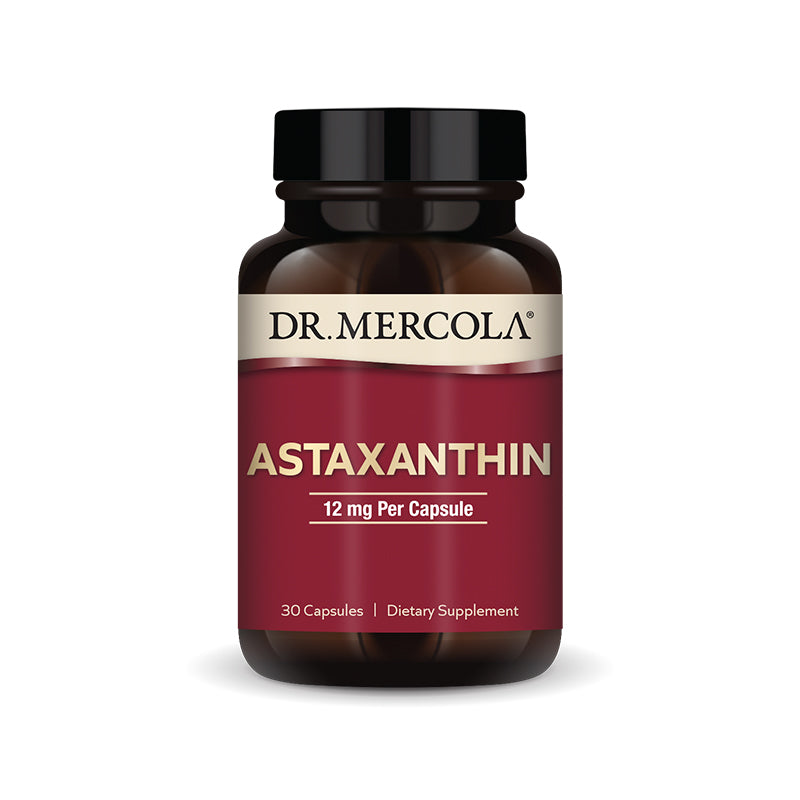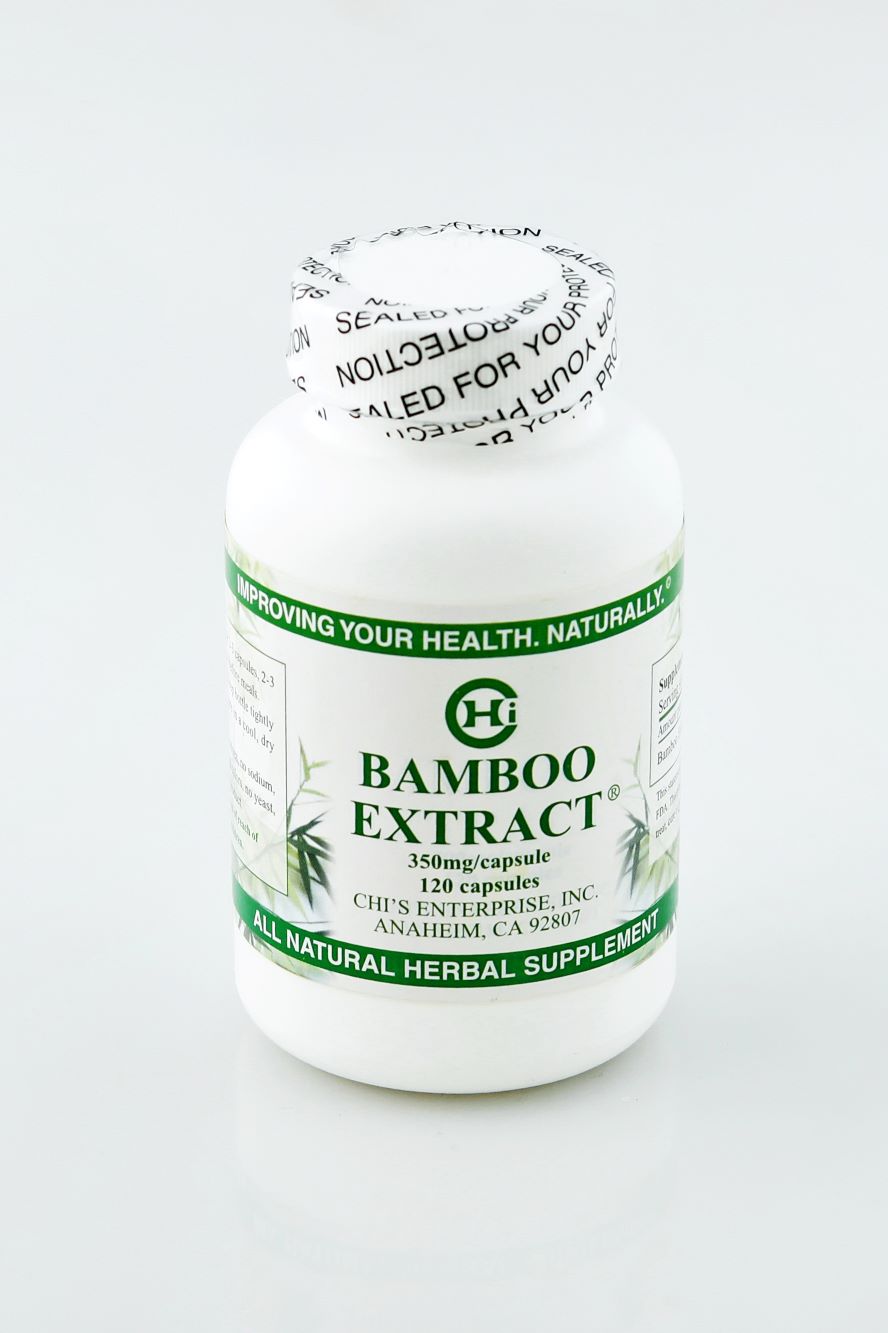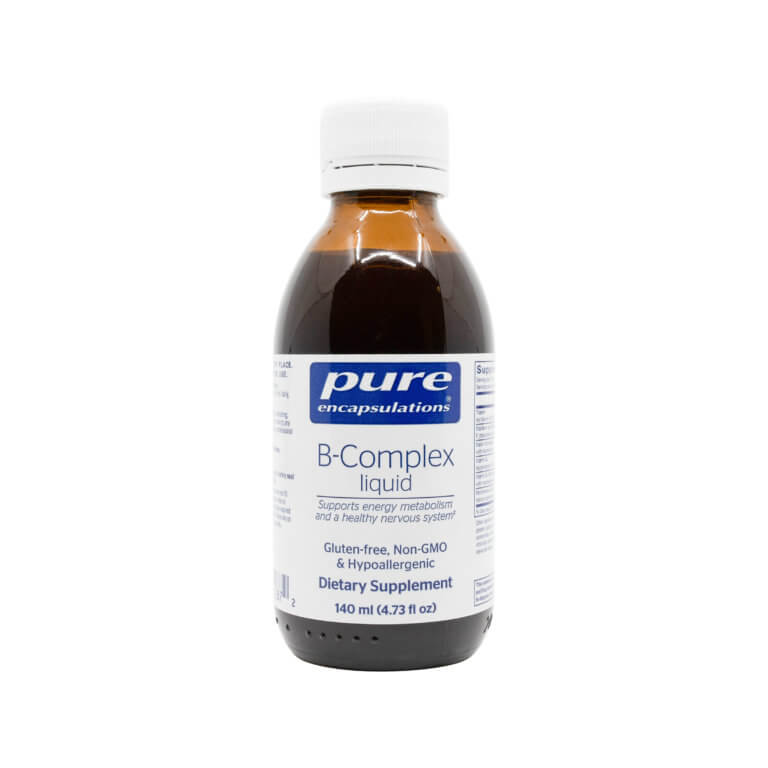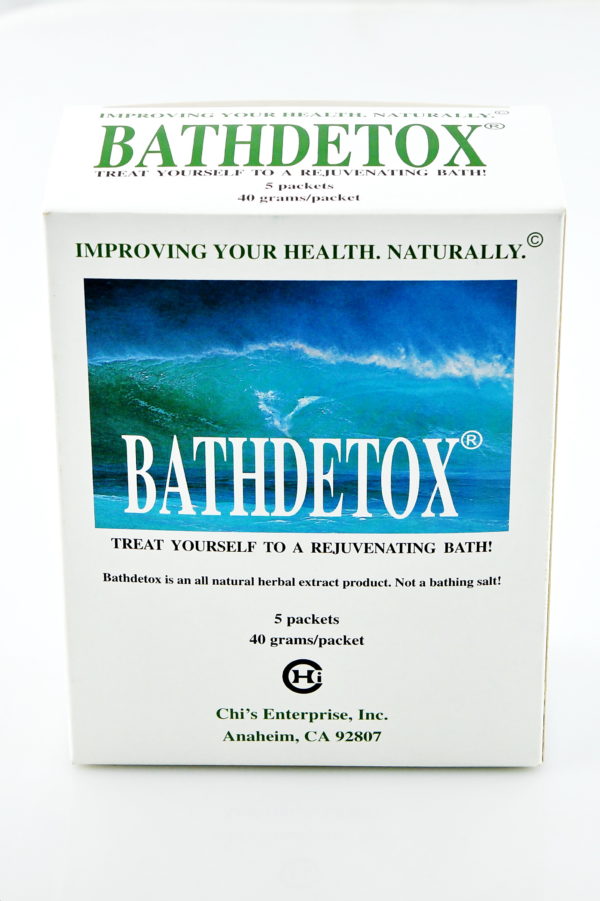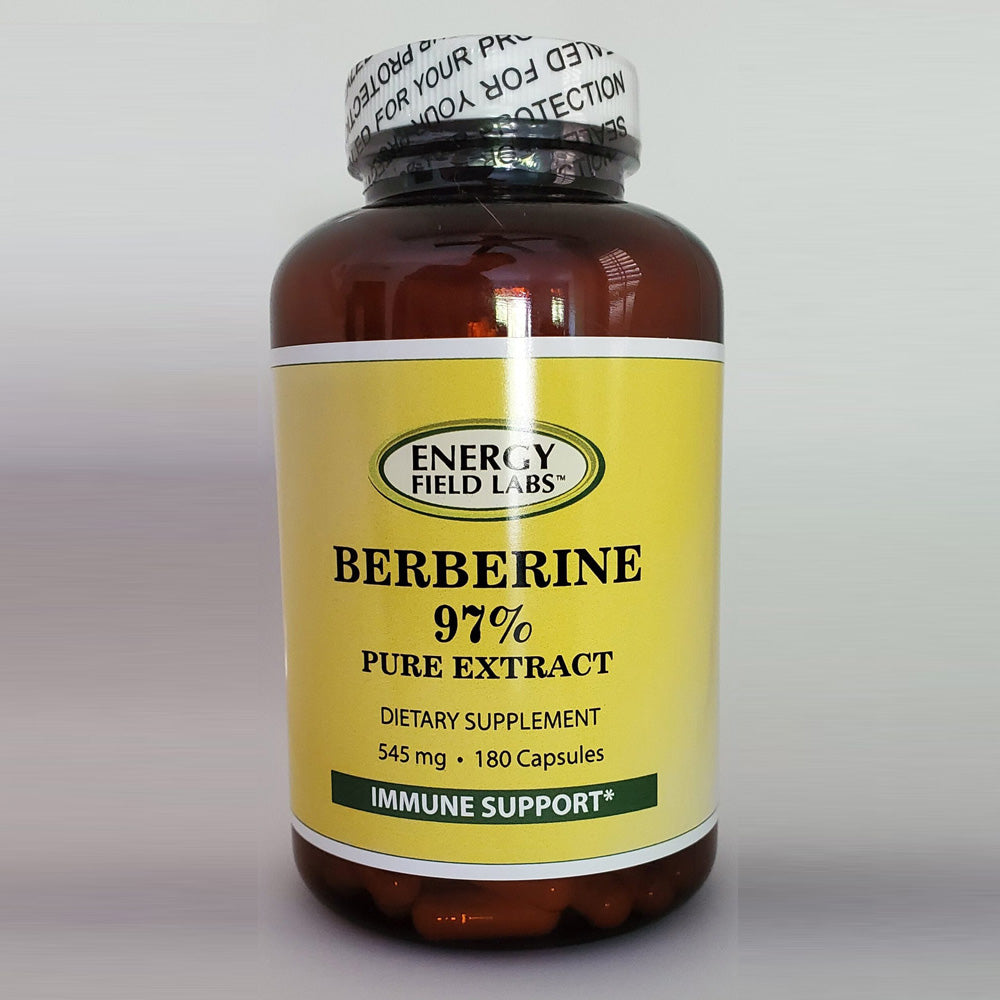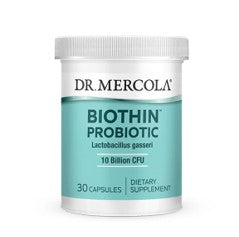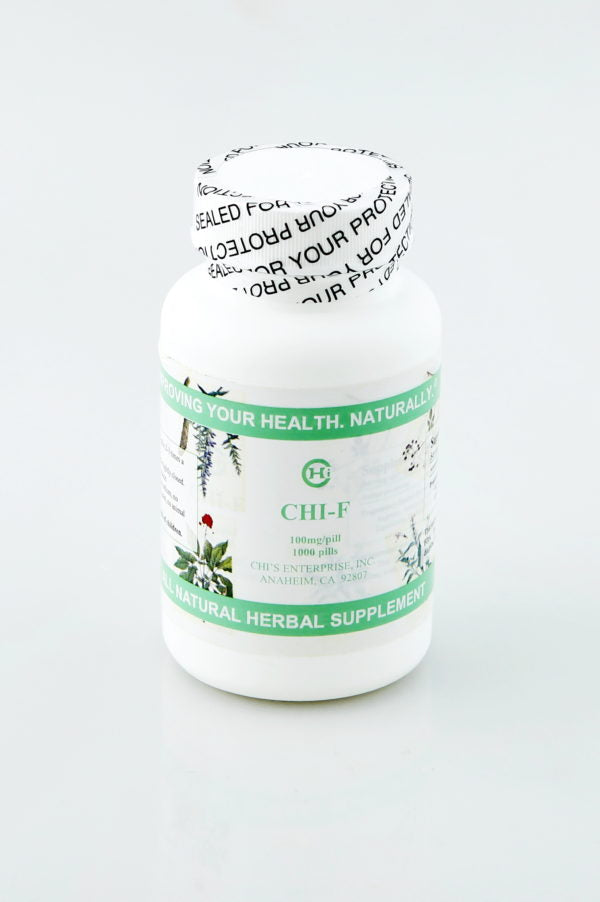by Glen Depke
There are many factors that would define poor sleep cycles. The inability to fall asleep easily, waking often through the night and/or waking without feeling refreshed are the most significant issues and often individuals will suffer with all of these challenges. What I can share though, is that regardless of your sleep challenges, there is hope and finding the underlying components and balancing this is the key.
What, you mean it’s not taking melatonin?
I know, you have already heard that all you have to do it take a melatonin supplement, right? Let me tell you that based on my years of practice with my clients the use of melatonin supplementation is not the answer.
While melatonin does play a significant role in your sleep cycle, the use of this from a supplemental aspect does not fix the problem for you. The first step is to recognize what is creating the low melatonin levels in the first place and next week I will address the underlying factors in part 2 of this sleep series.
Print out the list below and take out your highlighter to mark the areas in your life that are challenging your melatonin production. This will shed some light (pun intended) on a subject that can change your life.
These Substances Interfere with Melatonin
——————————————————————————–
Alkaloids
Caffeine interferes with the endogenous production of Melatonin
Pharmaceutical Drugs
Aspirin interferes with the endogenous production of Melatonin
Benzodiazepines lower the endogenous production of Melatonin
Beta-Blockers lower the endogenous production of Melatonin
Ibuprofen interferes with the endogenous production of Melatonin
Pharmaceutical Corticosteroids interfere with the endogenous production of Melatonin
Prozac (a Selective Serotonin Reuptake Inhibitor) lowers the body’s Melatonin levels
Recreational Drugs
Excessive consumption of Alcohol (ethanol) inhibits with the body’s production of Melatonin
Tobacco interferes with the endogenous production of Melatonin
These Factors Interfere with Melatonin
——————————————————————————–
Aging Process
The onset of the Aging Process decreases the body’s production of Melatonin:
Age: Plasma Melatonin Levels
(Picograms per ml)
Males Females
20 1,000 880
30 900 830
40 800 780
50 700 700
60 600 600
70 500 540
80 400 500
Aging itself is not an excuse for low melatonin. The fact that most are becoming less healthy as we age is the bigger factor.
Altered Lighting
The use of Sunglasses impairs the entrance of Sunlight into the Pineal Gland via the Eyes, causing reduced production of Melatonin
Cardiovascular System
Ischemic Heart Disease interferes with the body’s nightly secretion of Melatonin (Ischemic Heart Disease patients have been found to have significantly depressed nightly secretion of Melatonin compared to healthy persons)
Electromagnetic Radiation
Some forms of toxic Electromagnetic Radiation suppress the body’s production and secretion of Melatonin
Exposure to Light during Sleep inhibits the secretion of Melatonin from the Pineal Gland.
Immune System
Several forms of Cancer interfere with the body’s production of Melatonin (by decreasing the body’s production of Interleukin-2):
– Breast Cancer
– Colon Cancer
– Lung Cancer
– Prostate Cancer
– Stomach Cancer
Metabolism
Exercise (when undertaken in at night) lowers night-time plasma Melatonin levels
Nervous System
Excessive Stress depletes the body’s Melatonin levels.
Sexual System – Female
The greatest decline in Melatonin production and secretion occurs during and after Menopause in women
These Factors Interfere with the Potency of Supplemental Melatonin
——————————————————————————–
Melatonin supplements are highly susceptible to degradation by Heat – Melatonin supplements should therefore be kept tightly closed and refrigerated.
Since I mentioned that melatonin supplementation is not the key, look for next weeks article to recognize the key underlying factors in sleep cycle challenges. In the mean time, make it a point to address the factors that you discovered today that may be creating some melatonin deficiencies at this time.
If you have any questions or comments please post these below for me to address personally.

